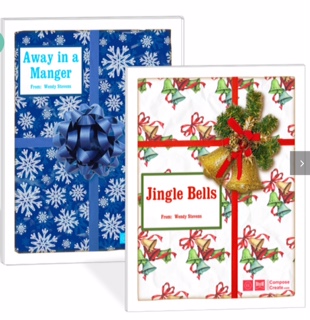In addition to the Handout, you can find detail information such as pedagogy books, music apps reviews, and learning triangle on this website for today's presentation.
Essential Teaching Tips for Beginner-Elementary Students, and Beyond
Experienced awkward hand position, bent joint, very little practice or counting problems? This workshop provides solutions to these common issues by focusing on three aspects of teaching: (1) the fundamental techniques that enhance the future advanced playing, (2) the efficient practice strategies that ensure successful at-home practice, and (3) the hall-of-fame music apps that make reading/counting drills and ear training so much more fun!
Date: Wed, January 10th, 2018
Time: 10-11:30 am
Location: Licon Glen Church, 2700 Booksin Ave. San Jose, CA.
It's a blessing to have such a fantastic group of teachers attending today's session! I value your opinions, please feel free to leave feedback or comments.











